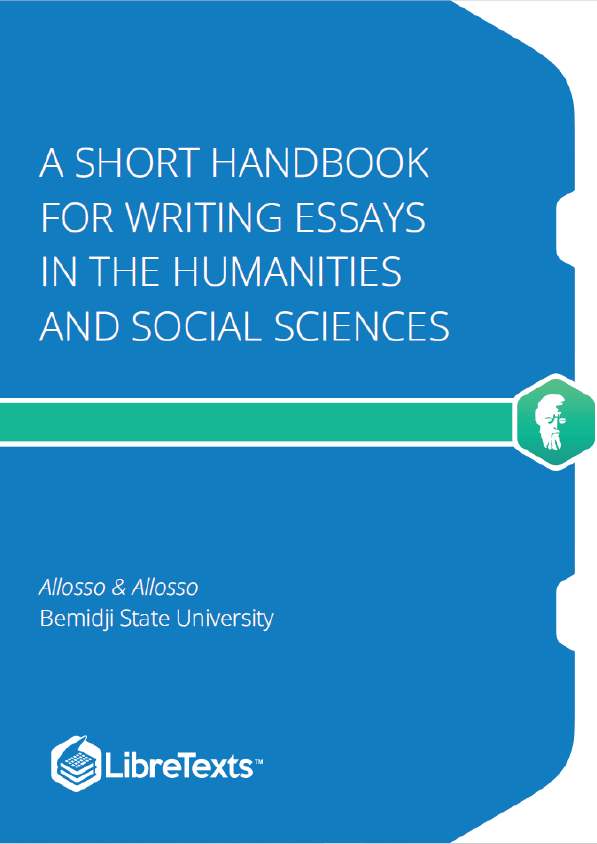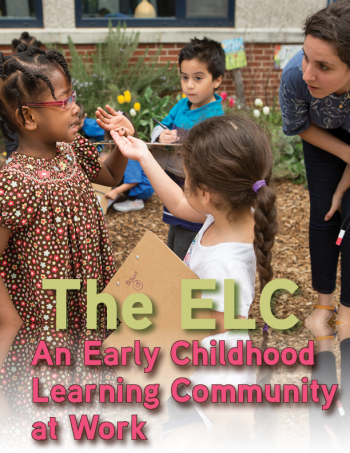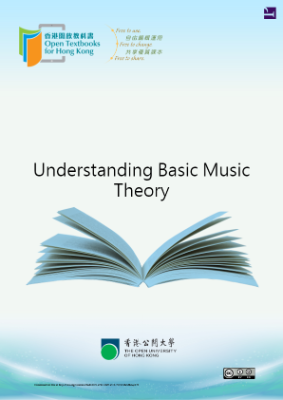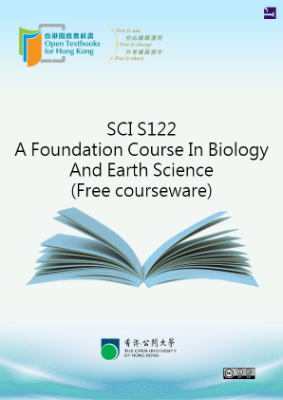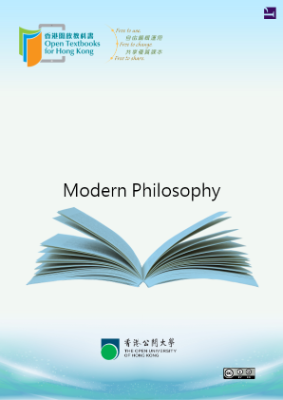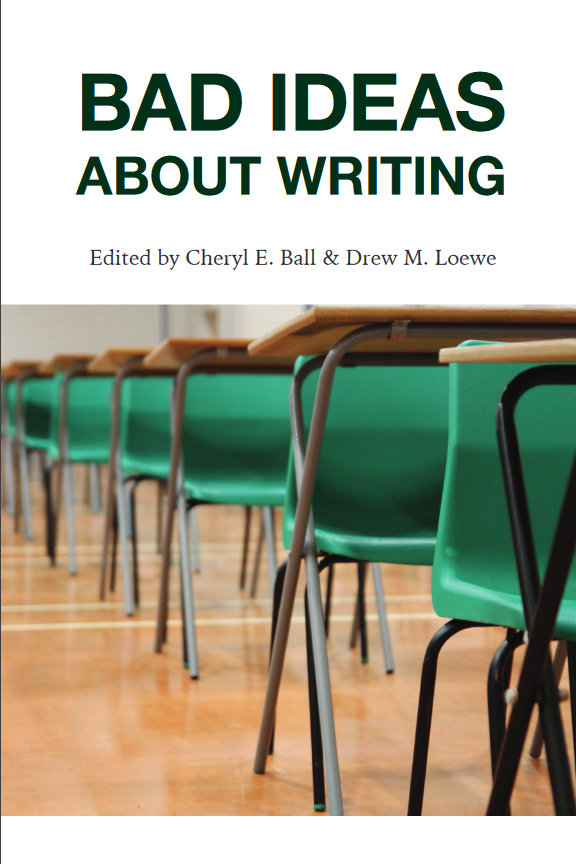Anxiety is the writer’s first obstacle. We often wonder, “what can I write that hasn’t already been written by someone else, and probably much better?” As you can see, we (the two authors of this handbook) are already on the way to overcoming this anxiety simply by writing a section heading and two sentences (now three). However, we’re still anxious about doing a good job and making this a useful tool that you’ll benefit from reading.
Our first paragraph above makes assertions and asks for development. This is what first paragraphs are often for. We’ll get to paragraphs soon enough. For now, we’ll expand on those assertions by making some observations that will move us forward.
Writing about anything – a text, a source, an exam question – is at least a three-way dialogue: between us, the writers; you, the reader; and the material. Therefore, it should serve at least three purposes: to explore the material; to describe our reactions to it;
and to communicate with you. Waiting until you know exactly what and how you want to write is unproductive. You learn both by writing.
Writing is a craft for most of us, not an art. That means we are not seeking perfection, and we learn by practicing.
Sounds simple enough, doesn’t it? Then why state the obvious? Because new writers often forget, and because some writing manuals assume you know things that you don’t, since their authors have known them for so long. This handbook will take you step-by-step through the process of writing essays for an upper-level high school class or a college course. We have English and History classes in mind, because one of us is a History teacher and the other taught English. The advice we’re offering is intended to be relatively basic and direct, because most of your college writing should be basic and direct.
Remember, this is utilitarian writing, not poetry or the great American novel. You’re probably reading this because you have to. Either it’s been assigned or you’ve realized you need some help developing these skills (good for you!). Even so, if we want to hold your interest, we (your authors) need to get to the point. Nothing turns away readers as quickly as feeling that their time is being wasted. Therefore, just like you, we need to decide how best to use the time and space we’re given for this task. What words to use? What tone to set? How to organize the writing so that it makes sense and gets the job done; and so the reader feels the least possible amount of pain – or maybe even has some fun? These are all questions we’re asking ourselves as we outline, draft, and revise this handbook. These are the questions the handbook will help you ask and answer about your own writing.
